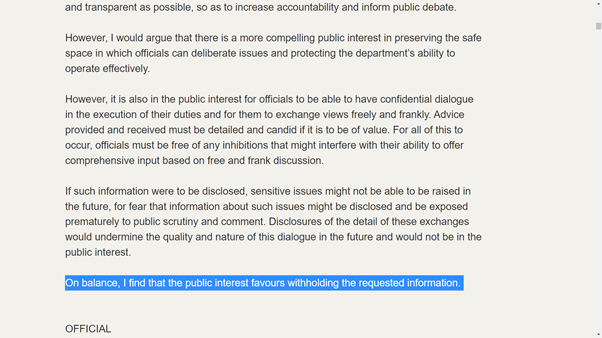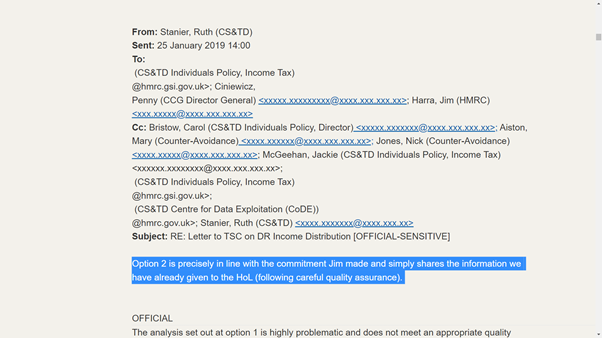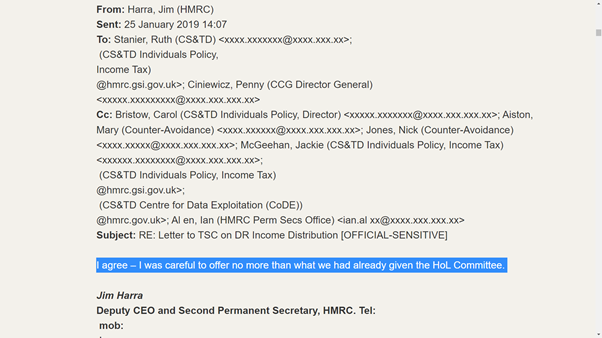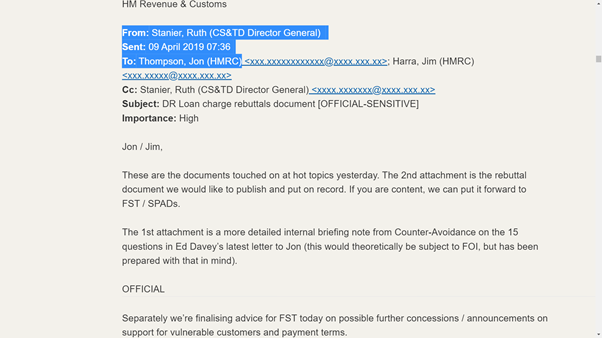
The latest disclosure of an HMRC briefing note provided to the then FST in July 2019 makes for some more chilling reading. whatdotheyknow.com/request/776882…
It appears that HMRC did not like the previous draft of the standard letter being sent to all MPs.
1/17
It appears that HMRC did not like the previous draft of the standard letter being sent to all MPs.
1/17

Apparently different MPs (and their constituents) had different concerns and HMRC recognised that a meaningful standard response would be difficult to draft.
2/17
2/17

It was possible that, following a meeting with the APPG, major reforms were going to be announced. However, HMRC argued that that might reduce the money coming into the Treasury and therefore any such change would need further consideration.
3/17
3/17

After that, the disclosures get jucier.
Here's some deft deflection. No-one doubts that these loan schemes were used knowingly by some individuals predominantly company directors to gain financially.
But what HMRC ignore is that MOST were contractors who didn't know or gain.
4/17
Here's some deft deflection. No-one doubts that these loan schemes were used knowingly by some individuals predominantly company directors to gain financially.
But what HMRC ignore is that MOST were contractors who didn't know or gain.
4/17

Apparently, “fact-based arguments” failed to convince MPs of the appropriateness of the LC policy.
Indeed, HMRC once again recognise that there are principled objections to the LC.
If the facts failed to work, HMRC therefore needed to adopt a different strategy.
5/17
Indeed, HMRC once again recognise that there are principled objections to the LC.
If the facts failed to work, HMRC therefore needed to adopt a different strategy.
5/17

Again, HMRC recognise that the official line to date has not actually addressed people’s concerns (which we know from above were principled).
6/17
6/17

Straightaway, however, it comes down to politics. Most MPs it would seem would have wanted the loan charge to become prospective only.
7/17
7/17

But helping those who were forced or duped would be difficult for HMRC to implement and therefore that option is ruled out.
9/17
9/17

Here is a comment whose irony seems to be lost on HMRC.
1. Let’s not treat loan charge victims fairly because actual tax avoiders might want fair treatment too.
2. It overlooks the fact that the loan charge treats LC victims less favourably than actual tax avoiders.
10/17
1. Let’s not treat loan charge victims fairly because actual tax avoiders might want fair treatment too.
2. It overlooks the fact that the loan charge treats LC victims less favourably than actual tax avoiders.
10/17

Again, HMRC acknowledge the principled concerns about the LC – being retrospection and removal of access to justice.
11/17
11/17

Again, HMRC mention the minority of business owners who were those who knew what they were getting involved with. They are also the ones who would be most likely to have existing employers that HMRC had probably taken action under reg 80 (as per Rangers itself).
12/17
12/17

Here, HMRC try to ensure that the loan charge remains in place for unprotected years blaming taxpayers for “hiding” their participation. In fact HMRC had full knowledge through DOTAS but missed people. HMRC make out some hid their participation to rule out that option.
13/17
13/17
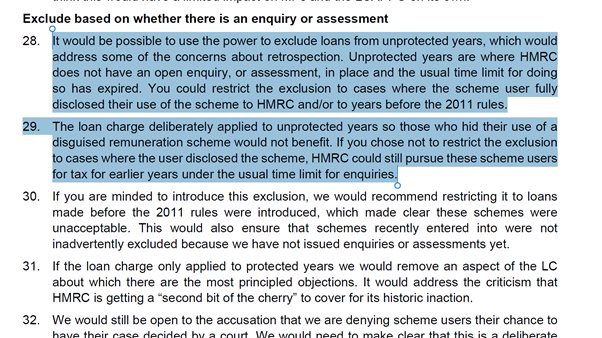
Even the view that all post-2011 years should be retained because HMRC might have taken their eye off the ball – that too found its way into the conclusions from the Morse review.
15/17
15/17
HMRC now go further and admit that there was the “most principled objection” to the fact that the LC covers unprotected years.
16/17
16/17

The reason for retaining the LC for protected years is because HMRC believe (without any legal justification I should add) that they would win any dispute and it is just a bit too much of a faff for them to prove their position in Court.
Obiter comments in Hoey show why.
17/17
Obiter comments in Hoey show why.
17/17

In earlier disclosures, HMRC make repeated references to having to agree "the line" to be taken when speaking to @LordsEconCom.
Sorry for the simplistic question, but why not focus on the truth instead?
Sorry for the simplistic question, but why not focus on the truth instead?
• • •
Missing some Tweet in this thread? You can try to
force a refresh




